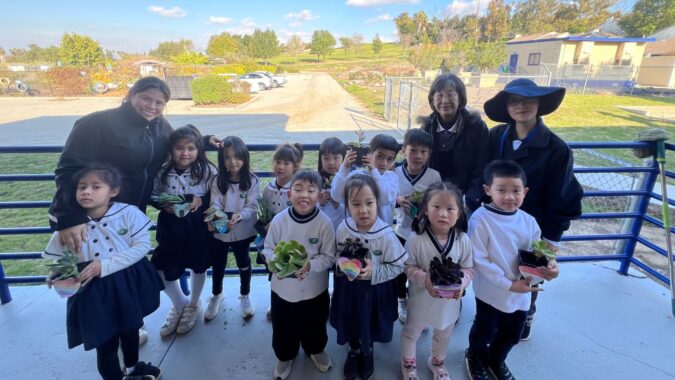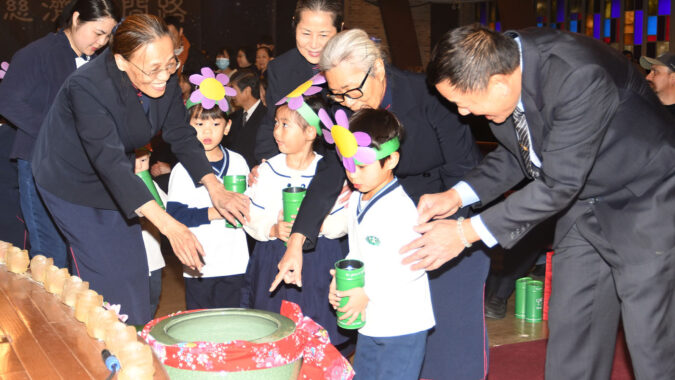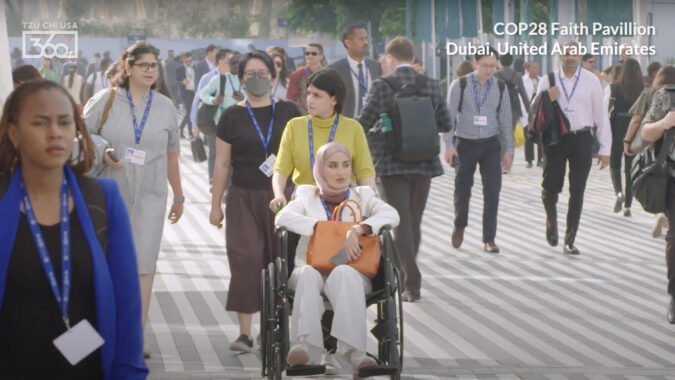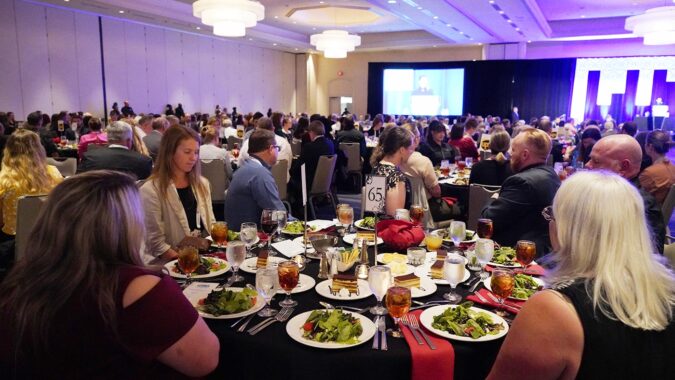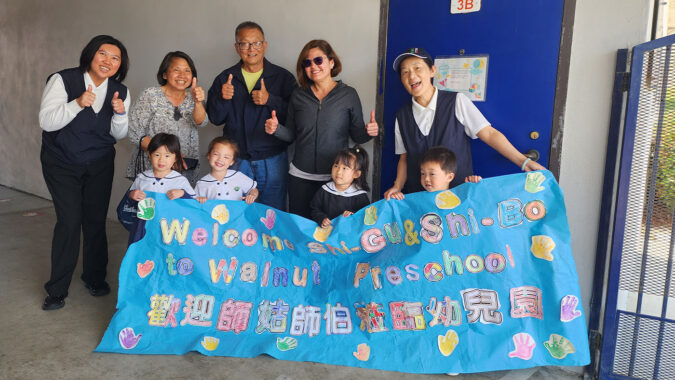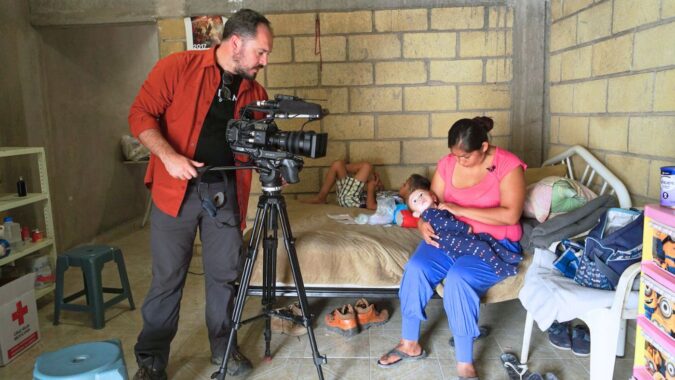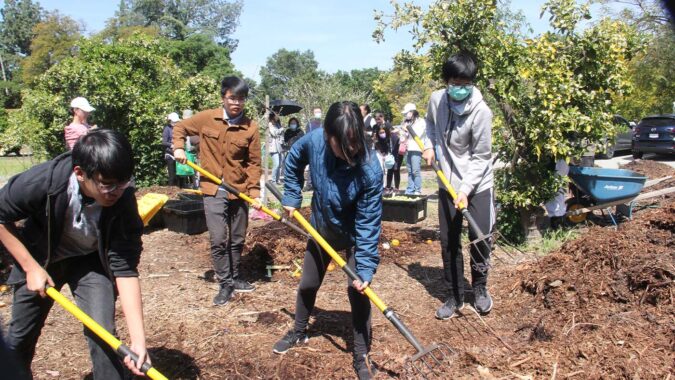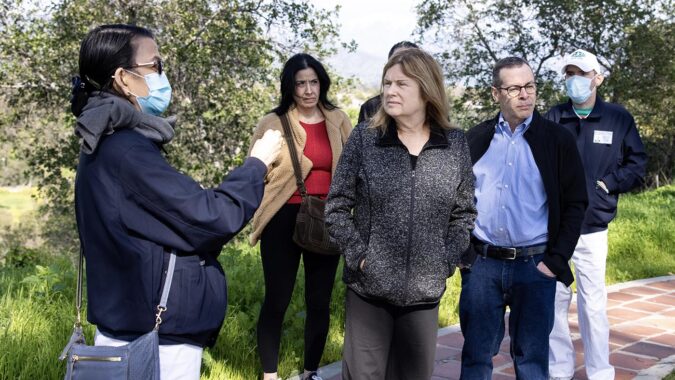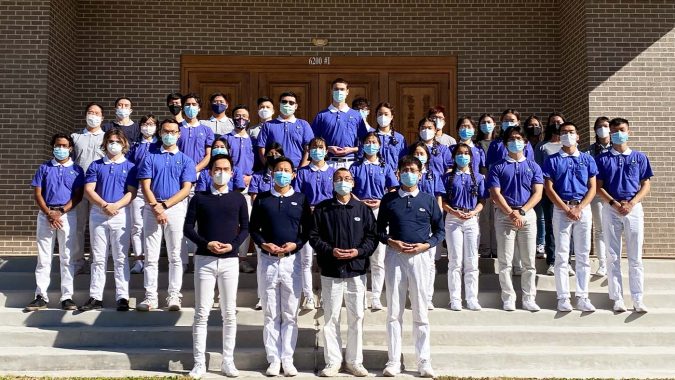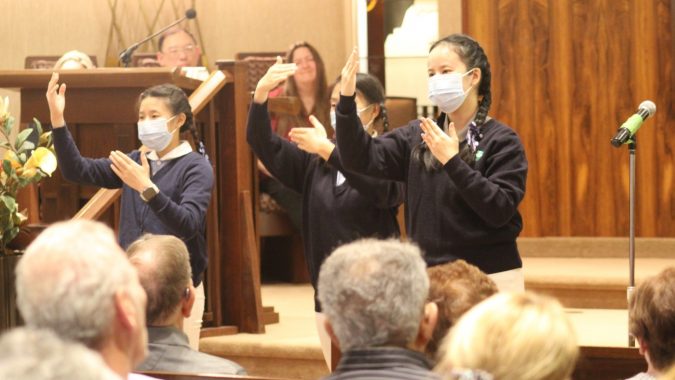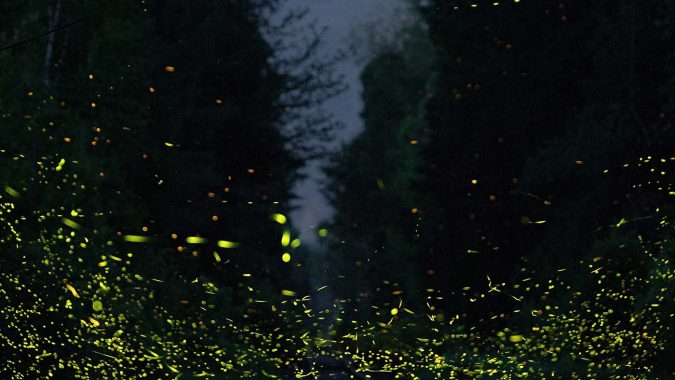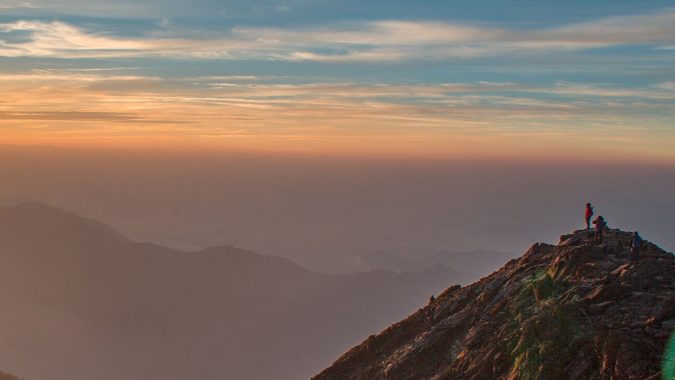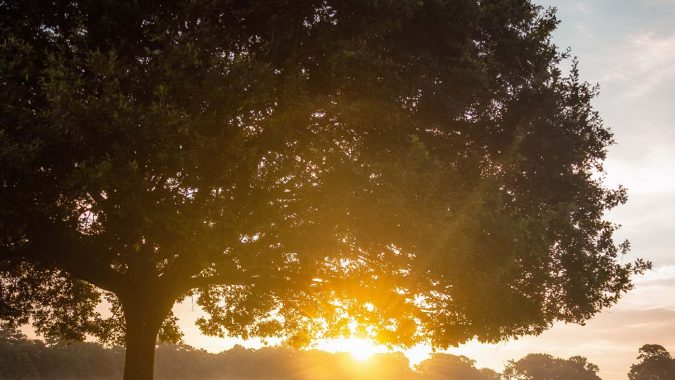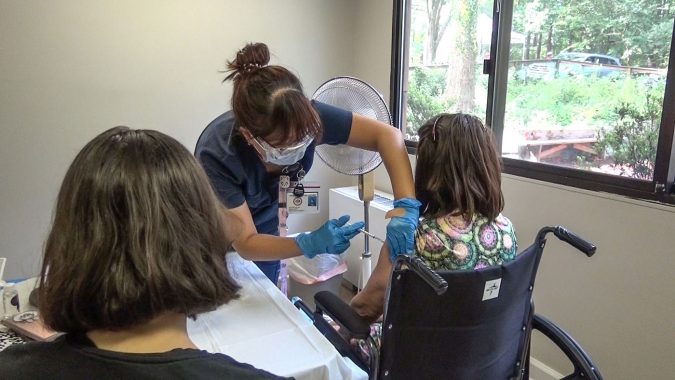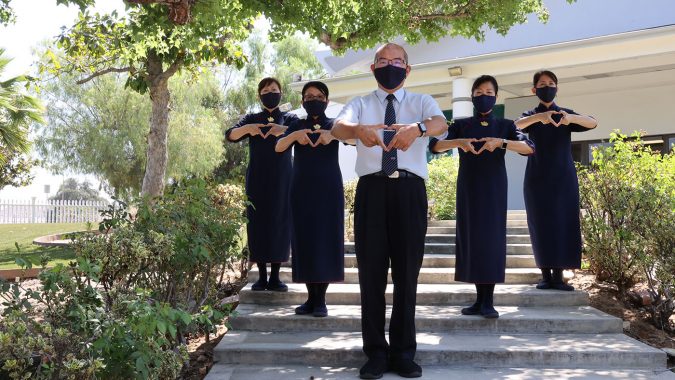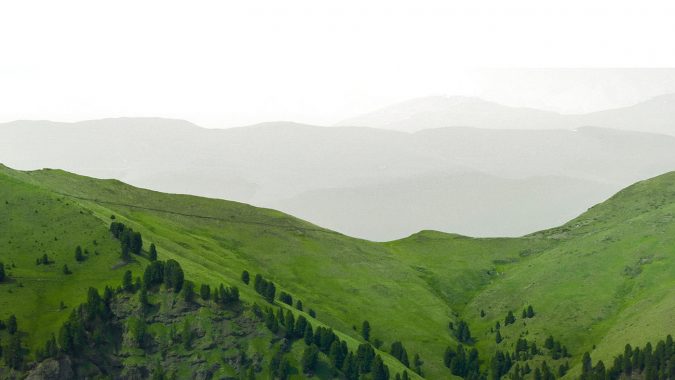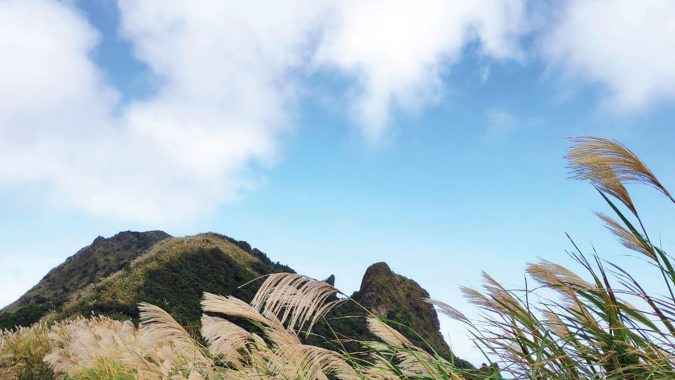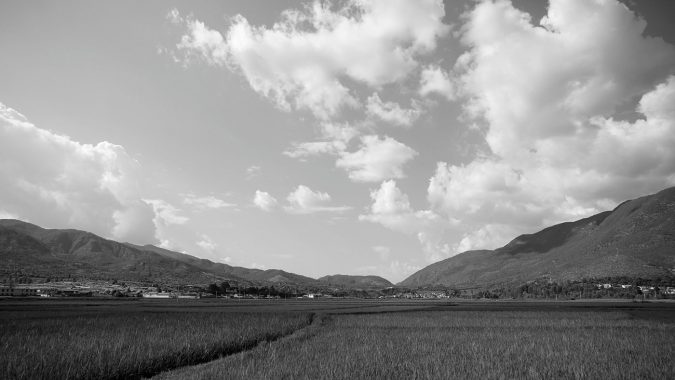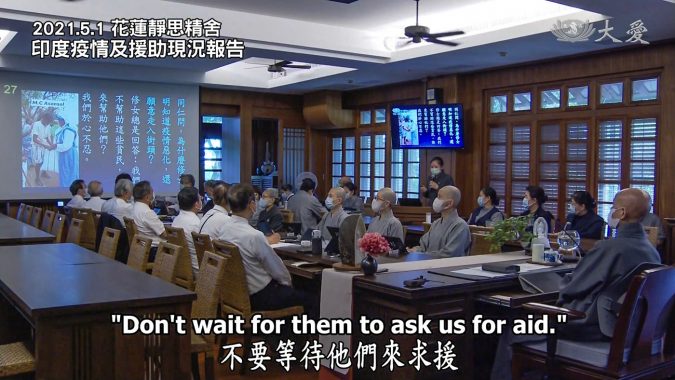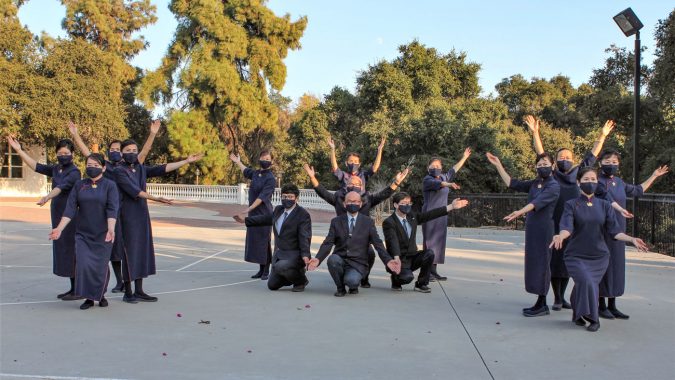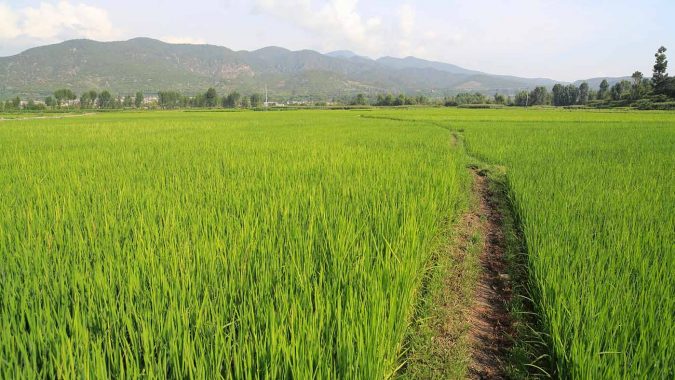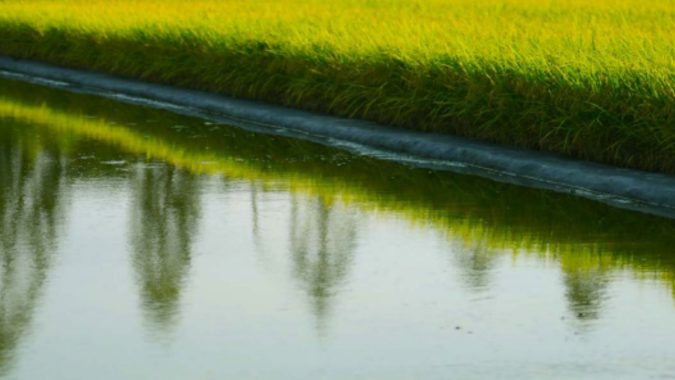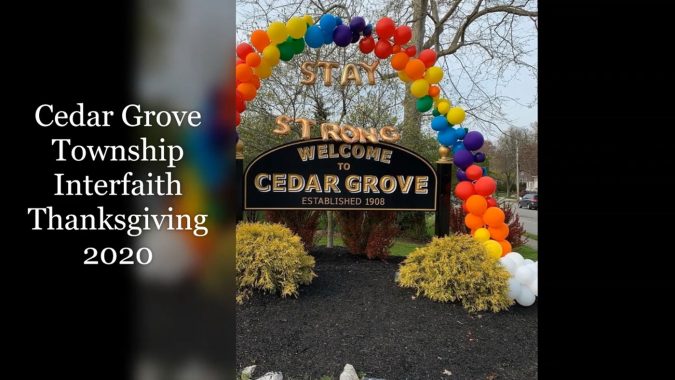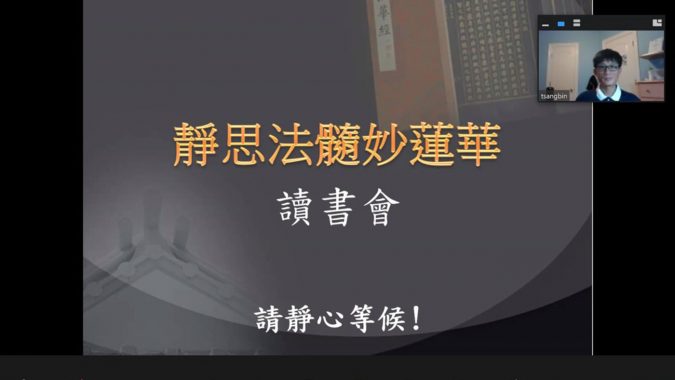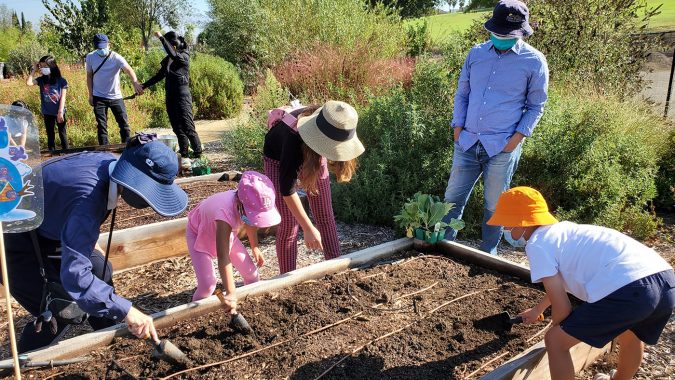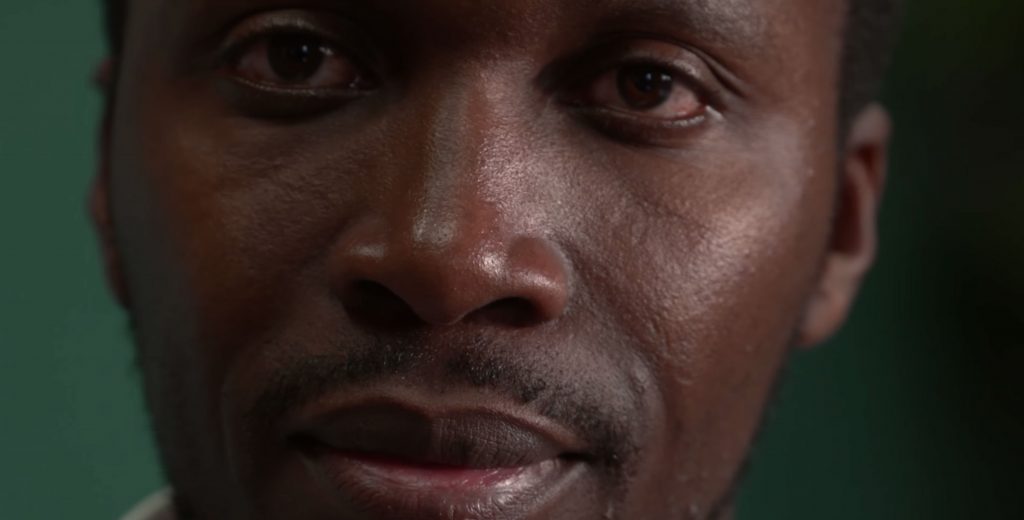
When the production team of Tzu Chi USA’s new documentary series “The Resettled” travelled to Idaho, they interviewed Fidel Nshombo, a refugee from the Congo. If you ever feel like complaining about your childhood, and especially how your parents were always telling you what to do, Fidel’s story will give you pause.
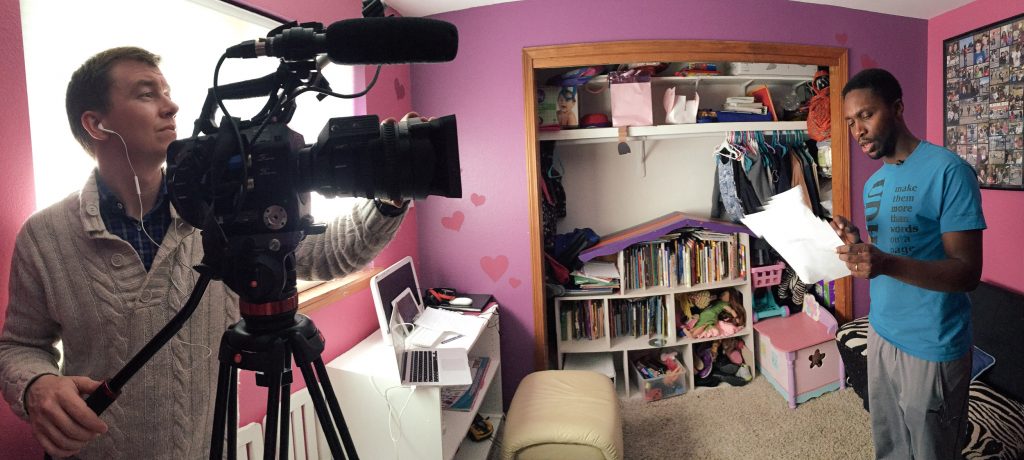
Fidel is from Bukavu, a city near Rwanda and Burundi whose civil wars spilled over into the Congo and in the chaos, Fidel was separated from his family – perhaps forever, or so it might have seemed to a 12-year-old child trying to survive in the midst of a genocide. When interviewed for this blog, Fidel shared that at first, the experience brought a certain thrill:
Fidel is from Bukavu, a city near Rwanda and Burundi whose civil wars spilled over into the Congo and in the chaos, Fidel was separated from his family – perhaps forever, or so it might have seemed to a 12-year-old child trying to survive in the midst of a genocide. When interviewed for this blog, Fidel shared that at first, the experience brought a certain thrill:
Every kid dreams about being on their own and thinking it will be great … you can have fun and break all the rules, but it’s the opposite of that.
The reality of his vulnerability and lack of life experience set in, and he missed his parents in a way he had never imagined:
All their advice made sense suddenly. I really lived every single bit of advice they gave me.
Alone, he went on to bounce between refugee camps or live and work illegally throughout Africa for years. As we learn in the film, he would eventually be resettled in the USA, but the shadow of his journey would not easily be forgotten:
My resettlement in America was because I was in danger where I was, I never applied to come to America, but being sent here saved my life from those that wanted to kill me. While in a refugee camp, I saw a friend set himself on fire because life was tough, and he just gave up. I tried to help put the fire out but couldn’t until he passed. This was a path most refugees contemplate at some point in their struggle, but most are just too hopeful to do it.
Now living in Boise, Fidel has a family of his own, but he lived up to his name – meaning “Faithful” in Latin – and never forgot about his parents, 7 sisters, and 3 younger brothers.
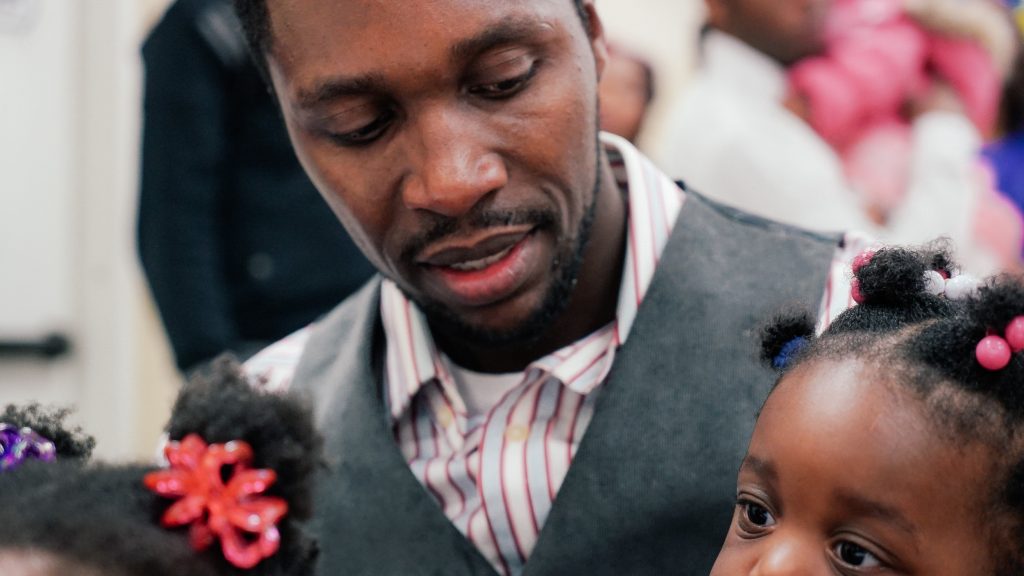
The one thing that I would like the people to know is, as a refugee, the best thing that could have happened to me was to be sent back home and reunited with the rest of my family. Coming to America is the second best option and it has its challenges, mainly that I am now a world apart from my whole close and extended family. The thought of that makes my sweet life here sometimes uncertain. But I am an American and America is where I have lived longer than any other place on earth. So this is home for me now.
He may have made a new home for himself in America, but Fidel had no intention of leaving his parents and siblings behind. In fact, although he is the 4th child, as the oldest son it was his responsibility to look out for the whole family, and he took his cultural role to heart and set out to find them against all odds.
Fidel had no idea that while he did his part, the Red Cross was already helping two younger siblings who had also been separated from their parents during the war and were now in a refugee camp in Uganda. The Red Cross found Fidel, and he quickly stepped in to help in any way he could. He got them out of the camp, and paid for a rented room in Kampala. It wasn’t long after that the Red Cross miraculously also located his parents and other brothers and sisters, who were living in another refugee camp.
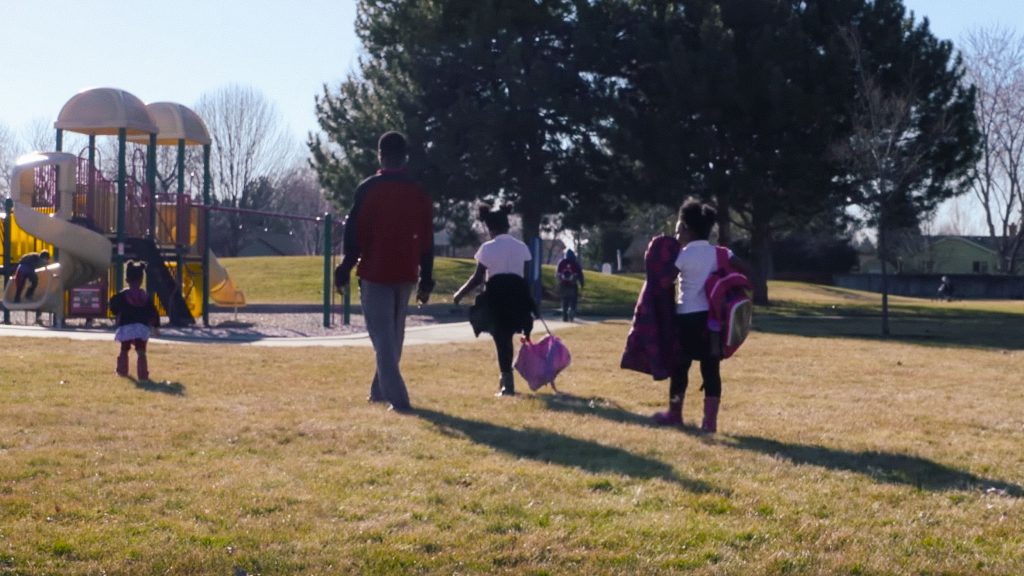
And that’s when Fidel’s love and loyalty really kicked in. He quickly moved his entire family into an apartment in Uganda. He then started a small non-profit called “Boise to Bukavu” to help offset the cost of this venture. But those funds were a drop in the bucket, as the cost of supporting his family away from the camps was mostly on his shoulders. It took 2, 3, 4 jobs at a time to manage it. He was sending all his money to provide for them, pay their rent, food, medical bills, and education for his siblings. He often found himself behind on his bills to support theirs. In effect, he was defaulting on his life, education and future to support theirs.
The next stumbling block came when he realized that immigration law in the USA would allow him to sponsor his parents, but not his brothers and sisters. Their family story does reach its own conclusion finally, due to the intervention of fate. Fidel’s mother was applying for resettlement through the United Nations, and during the process, she became ill. Since there was no treatment for her in Africa, the process was accelerated and soon, the entire family was resettled in Winnipeg, Canada.
And so it played out, with Fidel’s separation from his family to remain unresolved: Although they were now closer together in miles and on the same continent, they were still divided by an international border.
Being separated from my entire family, that's one thing you can never get over, I simply had to accept it.
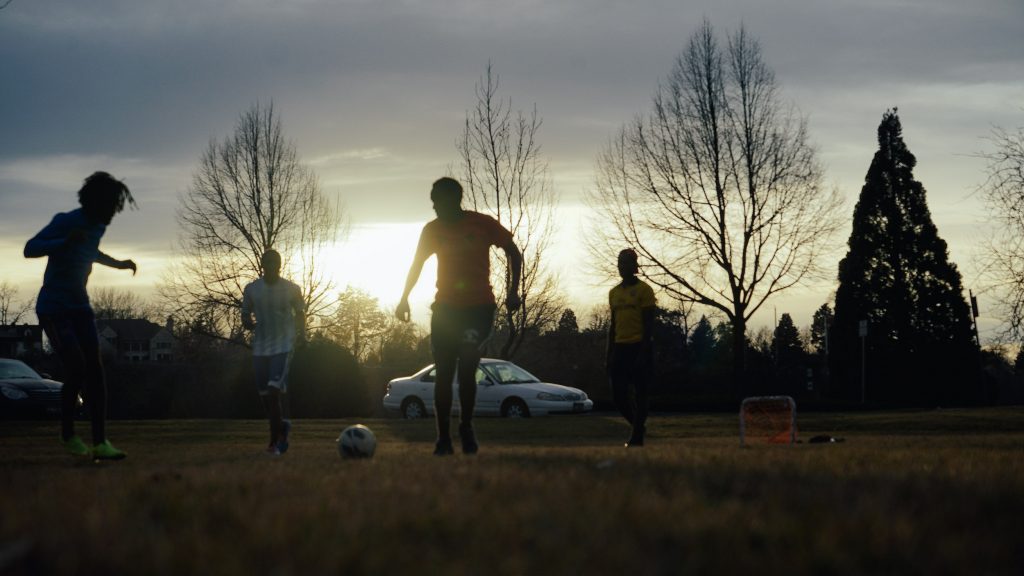
Fidel now sees the past as “a crazy hard adventure, that becomes a story you tell.” Was it a challenge? Most certainly.
Having lived the refugee experience for more than a decade, I have seen more challenges than an average person should in a lifetime, so don’t be surprised if I tell you that every obstacle I face in America I consider it just a test. My mindset is that, despite the length of the night, the morning will come.
He has learned that “with confidence, endurance, fortitude, hope, one can overcome anything but you don’t know you can until you do.” His hard-earned wisdom came from experience, something not everyone is forced to gain by circumstance, as he was. “People are in a ghetto of narrow life experience – like in a bubble.” For Fidel, the past is a bittersweet blessing because of what he gained. He says he’s not scared by anything now, and can almost die.
As long as I can still breathe, I will not be resentful, or stressed, or hateful to anybody or even God for that matter. The way I look at it, I have just survived all these incidents, overcome them. It’s another wisdom added to my tablet of wisdom - a little box of memories. Don’t you have one?
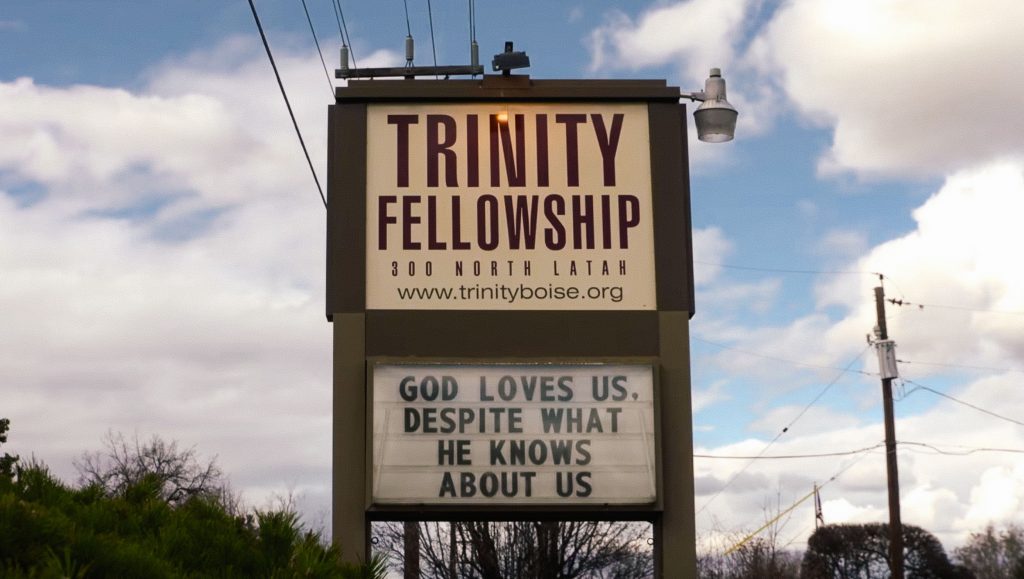
Today, Fidel is a published poet, channeling the difficult emotions that arise from his memories through art. But is he also there to help other refugees in their adjustment process.
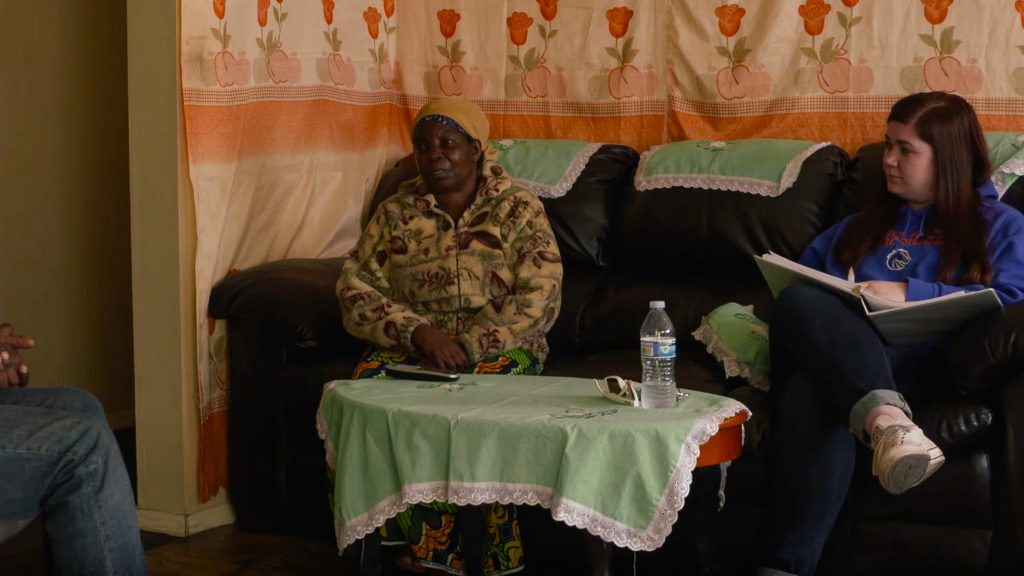
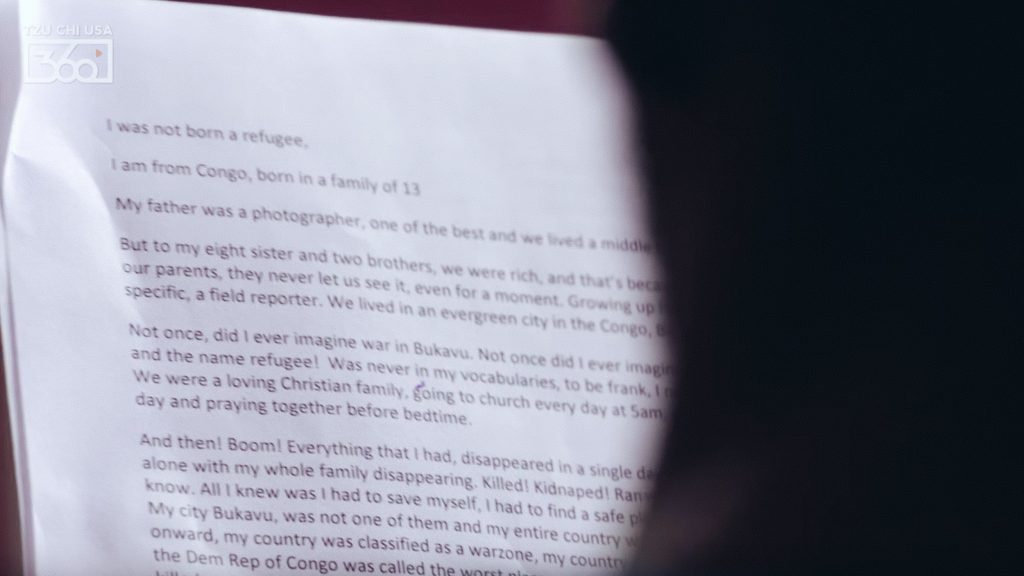
Some people may call our adjustment process a challenge, the fact that most refugees have to learn a new language, new culture, how to drive, how to shop, about new laws and all the new ways of living in a new society, but for most refugees, that's something they look forward to, in order to integrate themselves in their new country.
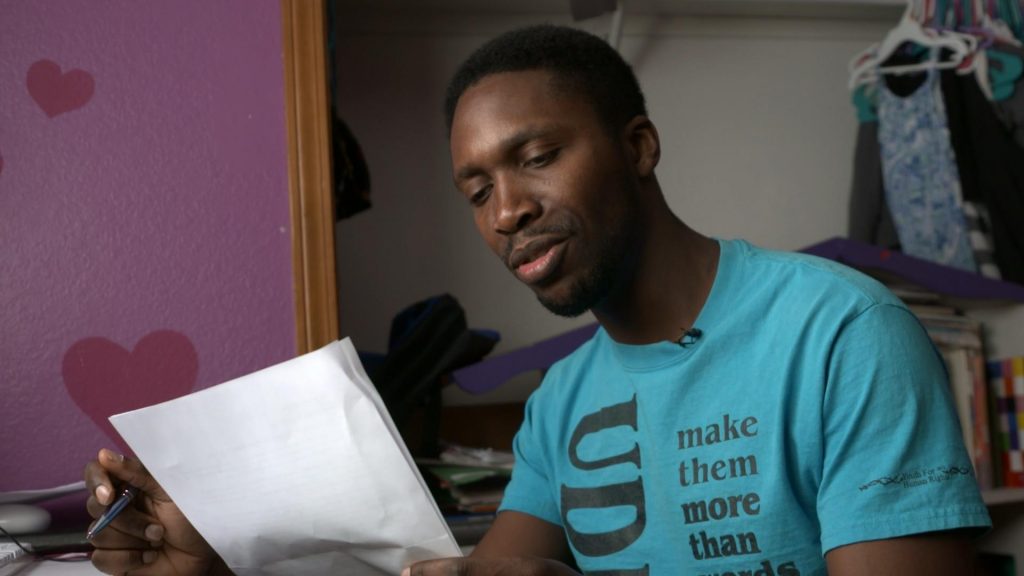
Why does he do this without reward or pay?
It’s more of a humanly duty than anything else, where I came from when you see someone in need, it’s a humanly thing to help him up knowing that tomorrow someone else may help you in return. Also I know that every refugee that succeeds in this country contributes to the good reputation of all refugees and confirms the legitimacy of the resettlement process that some Americans have been induced to doubt. That’s why I help newly arrived refugees learn how to drive, teach them the dos and don’ts, and advocate for them when there is any misunderstanding with other parties.
From the perspective of Buddhism, Fidel can be qualified as a bodhisattva … there to guide others from suffering towards happiness and peace.

